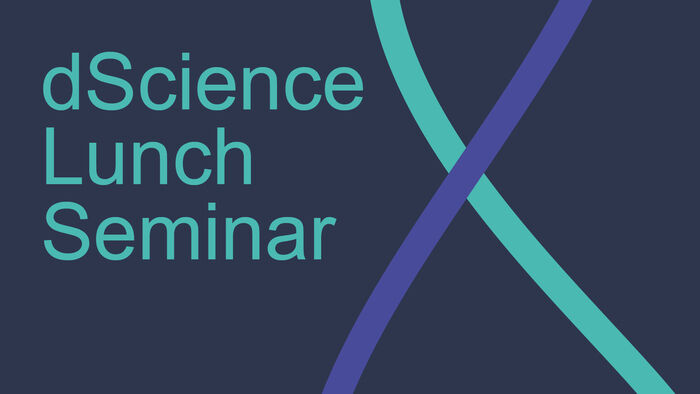Presentation
Many people think of melodies as having contours. The association between musical melodies, and the visual representation of a contour – an arch, a rainbow, a zigzag line, a circle, and so on – appears to be united in our minds, and represents an essential quality of melodic identity. Ehrenfels, one of the founders of Gestalt theory, uses melodies as a starting point to illustrate how Gestalt perception might function at all, making the understanding of melodic contour to be a quintessential gestalt phenomenon. Lessons in songwriting often teach students how to diversify their thinking by creating contrasts with contours.
In this talk, Kelkar investigates why we think of melodies as contours, and how this differs from symbolic or score-based representations of melodies. One of the key methods she uses in her work is to analyze how people move to melodies, to try and understand how melodic contour is represented. Kelkar will present her work with experiments on the analysis of Hindustani classical music, modelling melodic responses with motion-capture in various musical melodies, and analyzing how facial expressions of singers can alter interval perception amongst listeners.
Speaker
Tejaswinee Kelkar is a music technologist and vocalist. She is an Associate Professor in Music Technology at the University of Oslo. Her research interests are melodic cognition, motion-capture and musical-cultural analysis. Her research contributions range from computational models for mapping music-motion relationships, to understanding semantics in narrative dance performances. Her core research focus is on how aspects of melodic perception are illustrated through multimodality, embodiment, and linguistic prosody. Previously, she worked in the creation and development of an online virtual lab for teaching concepts of North Indian music through the use of web audio, developing pedagogical tools and exercises for the web with the VLabs project. She also worked as a data analyst at Universal Music Norway.
Kelkar is active as a musician. She has developed and designed sound installations, podcasts and other mediation for sculptural exhibitions as well as museums. Her vocal and compositional work focuses on integrating her musical background with electronic involvement at every stage. She is a versatile singer trained in many different styles, although her primary focus is Hindustani classical music and electronic music. She is interested in understanding the use of the voice as a disembodied, and distorted object. In addition to being a vocalist, she plays the harmonium and other instruments.
Program
11:30 – Doors open and lunch is served
12:00 – "Studying Melodic Embodiment: Computational Approaches" by Tejaswinee Kelkar (Associate Professor, Department of Musicology)
This event is open for all students, PhD candidates, postdocs, and everyone else who is interested in the topic. No registration needed.
About the seminar series
Once a month, dScience will invite you to join us for lunch and professional talks at the Science Library. In addition to these, we will serve lunch in our lounge in Kristine Bonnevies house every Thursday. Due to limited space (40 people), this will be first come, first served. See how to find us here.
Our lounge can also be booked by PhDs and Postdocs on a regular basis, whether it is for a meeting or just to hang out – we have fresh coffee all day long!
